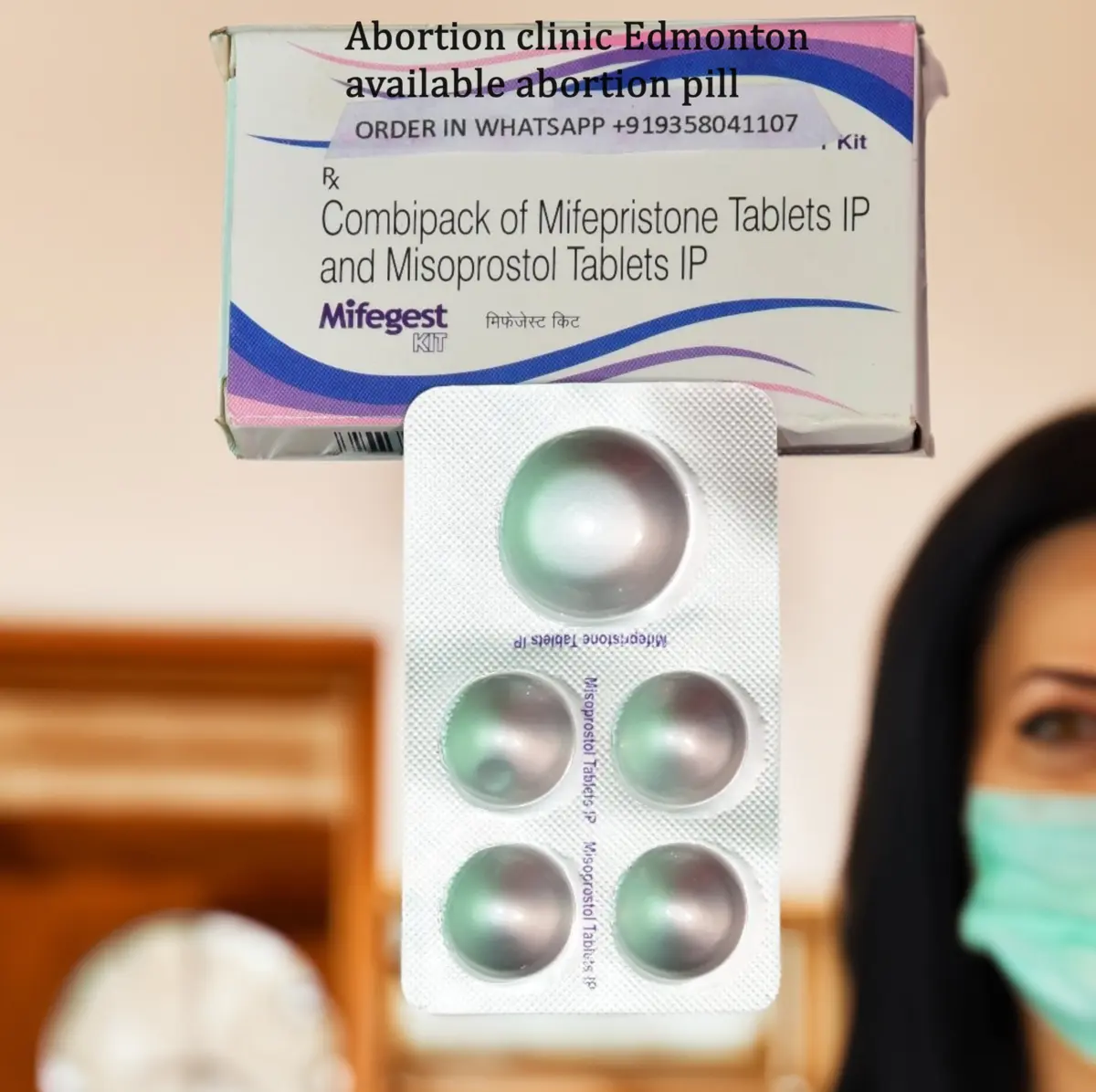MRCP Test: Purpose, Procedure, Preparation, Risks & Results

The MRCP Test (Magnetic Resonance Cholangiopancreatography) is a specialized MRI scan that provides detailed images of the bile ducts, gallbladder, pancreas, and liver. It is a non-invasive diagnostic technique widely used to detect blockages, stones, tumors, and other abnormalities in the digestive system. Unlike some traditional methods, MRCP does not involve endoscopy or exposure to radiation, making it safer and more comfortable for patients.
Purpose of the MRCP Test
Doctors recommend the MRCP test when they suspect problems related to the hepatobiliary and pancreatic systems. The main purposes include:
-
Detecting gallstones or bile duct stones that may be causing pain or jaundice.
-
Identifying blockages or strictures in the bile or pancreatic ducts.
-
Diagnosing tumors, cysts, or growths in the pancreas or liver.
-
Evaluating chronic pancreatitis and other long-term digestive conditions.
-
Assessing the anatomy before surgery or certain medical procedures.
With its detailed imaging, MRCP helps doctors choose the most effective treatment plan without requiring invasive diagnostic tests.
MRCP Test Procedure
The MRCP test is very similar to a standard MRI. The process typically includes the following steps:
-
The patient lies down on a motorized table, which slides into the MRI machine.
-
Radio waves and a strong magnetic field create detailed images of internal organs.
-
The scan usually takes 30–60 minutes.
-
In some cases, a contrast dye may be used to improve image clarity, which is given through an intravenous injection.
The procedure is completely painless, although patients are required to stay still to ensure clear images.
Preparation for the MRCP Test
To ensure accuracy, patients are usually advised to follow certain preparations:
-
Fasting: Avoid food and drinks for 4–6 hours before the scan.
-
Informing the doctor: Patients with pacemakers, metallic implants, or kidney problems should inform their doctor beforehand.
-
Clothing: Comfortable, loose clothing is recommended, and jewelry or metallic items must be removed before the scan.
-
Special instructions: Pregnant women or those who may be pregnant should consult with their doctor before undergoing the scan.
Following these guidelines helps in obtaining precise and high-quality results.
Risks of the MRCP Test
The MRCP test is considered very safe. Unlike CT scans, it does not involve harmful radiation. However, some risks and discomforts may occur:
-
Claustrophobia: Some patients may feel uneasy inside the MRI machine.
-
Metal sensitivity: People with metallic implants, pacemakers, or hearing aids may not be suitable for the test.
-
Contrast reactions: Rarely, patients may experience mild allergic reactions to contrast dye, if used.
Despite these minor concerns, MRCP remains one of the safest imaging tests available.
Results of the MRCP Test
After the scan, a radiologist carefully studies the images and prepares a detailed report. The results are then shared with the treating doctor, who explains the findings to the patient. The MRCP test can clearly detect gallstones, strictures, tumors, or inflammation, helping doctors decide whether medication, surgery, or lifestyle changes are required.
Conclusion
The MRCP Test is an advanced, safe, and effective way to examine the liver, pancreas, gallbladder, and bile ducts. It provides high-quality images without the risks of radiation or invasive procedures. If you experience symptoms such as abdominal pain, jaundice, or digestive discomfort, your doctor may recommend an MRCP test for accurate diagnosis. With its ability to detect problems early, the MRCP test plays a vital role in ensuring timely treatment and better health outcomes.







